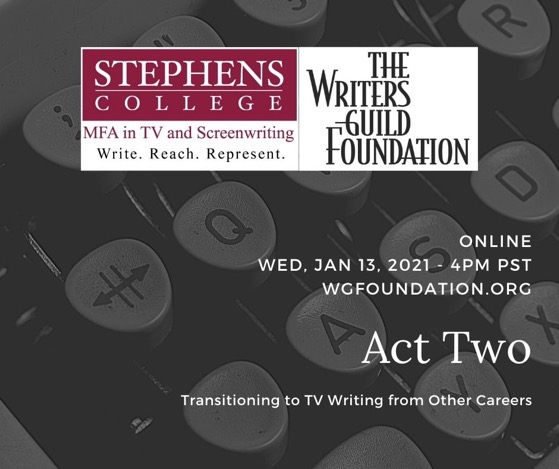Watch this entire presentation
Subscribe to Rosanne’s Channel and receive notice of each new video!
Transcript:
When I was in Italy last visiting my cousin he has a little daughter named Carlotta which is Charlotte in English and he had never heard of Charlotte’s Web as neither the book nor the movie. So we bought a copy to show his daughter when she gets a little older and it was so beautiful to see the title of this book that I had always known in another language and then to know that they would share that story together with her and now we have this connection across the ocean that her — their child and my son knew the same story right? So it’s the culture. It’s the stories that teach our culture. This is a program from Canada that airs in the United States because of Netflix and I always have to say, people think Canada and the United States are the same place but we’re not. The Canadians have an entirely different culture which is often so much nicer than ours. So much more peaceful.
Watch this entire presentation
A Note About This Presentation
A clip from my keynote speech at the 10th Screenwriters´(hi)Stories Seminar for the interdisciplinary Graduation Program in “Education, Art, and History of Culture”, in Mackenzie Presbyterian University, at São Paulo, SP, Brazil, focused on the topic “Why Researching Screenwriters (has Always) Mattered.” I was especially pleased with the passion these young scholars have toward screenwriting and it’s importance in transmitting culture across the man-made borders of our world.
To understand the world we have to understand its stories and to understand the world’s stories we must understand the world’s storytellers. A century ago and longer those people would have been the novelists of any particular country but since the invention of film, the storytellers who reach the most people with their ideas and their lessons have been the screenwriters. My teaching philosophy is that: Words matter, Writers matter, and Women writers matte, r so women writers are my focus because they have been the far less researched and yet they are over half the population. We cannot tell the stories of the people until we know what stories the mothers have passed down to their children. Those are the stories that last. Now is the time to research screenwriters of all cultures and the stories they tell because people are finally recognizing the work of writers and appreciating how their favorite stories took shape on the page long before they were cast, or filmed, or edited. But also because streaming services make the stories of many cultures now available to a much wider world than ever before.
Many thanks to Glaucia Davino for the invitation.
* A portion of each sale from Amazon.com directly supports our blogs
** Many of these books may be available from your local library. Check it out!
† Available from the LA Public Library
Podcast: Play in new window | Download
Subscribe: RSS
![42 Sharing Culture Internationally from Why Researching Screenwriters Has Always Mattered [Video] (50 seconds)](https://rosannewelch.com/wp-content/uploads/2020/12/rmw-sao-paolo-42.png)
![03 Why Writers Matter from There And Back Again: Writing and Developing for American TV [Video] (41 seconds)](https://rosannewelch.com/wp-content/uploads/2020/12/rmw-oxford-brookes-03.png)
![41 UK TV In The US from Why Researching Screenwriters Has Always Mattered [Video] (39 seconds)](https://rosannewelch.com/wp-content/uploads/2020/12/rmw-sao-paolo-41.png)


![02 Writers Matter from There And Back Again: Writing and Developing for American TV [Video] (1 minute 3 seconds)](https://rosannewelch.com/wp-content/uploads/2020/12/rmw-oxford-brookes-02.png)

![40 The Almighty Johnsons from New Zealand from Why Researching Screenwriters Has Always Mattered [Video] (1 minute 12 seconds)](https://rosannewelch.com/wp-content/uploads/2020/12/rmw-sao-paolo-40.png)
![01 Introduction from There And Back Again: Writing and Developing for American Television]: from Freelancing to Writers Rooms [Video] (1 minute)](https://rosannewelch.com/wp-content/uploads/2020/12/rmw-oxford-brookes-01.png)
![There And Back Again: Writing and Developing for American Television]: from Freelancing to Writers Rooms [Video] (52 minutes)](https://rosannewelch.com/wp-content/uploads/2020/12/oxford-brookes.png)

